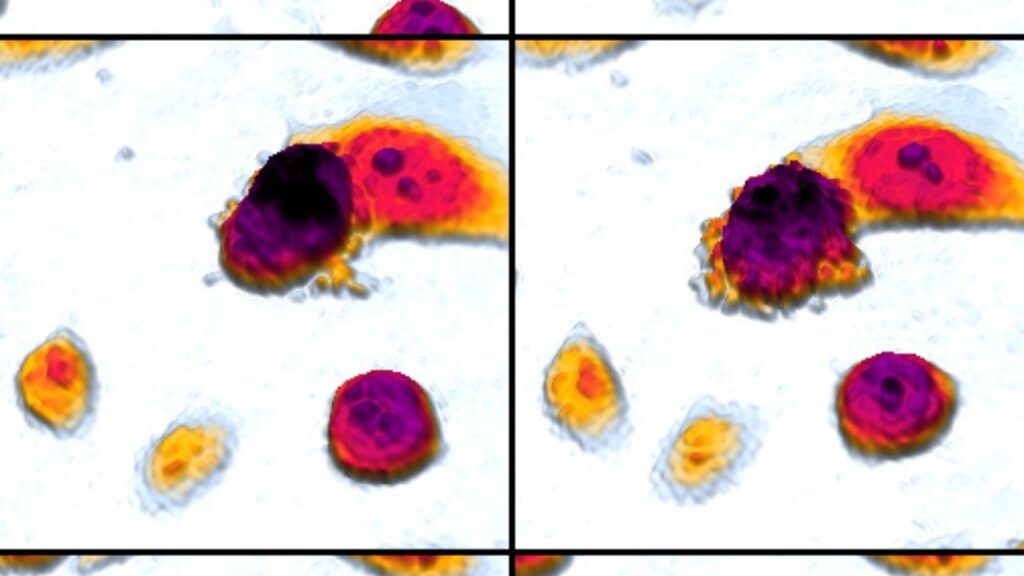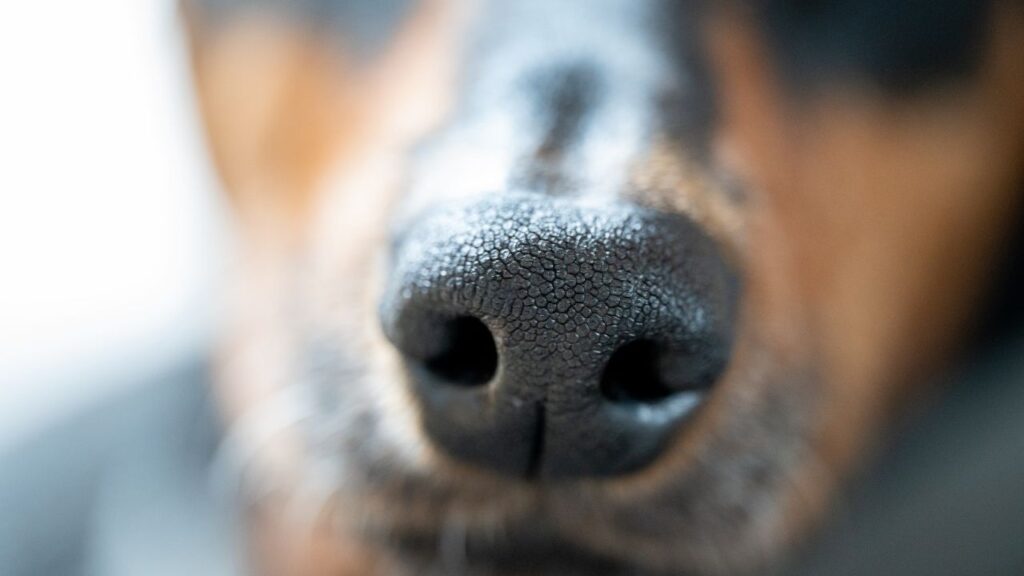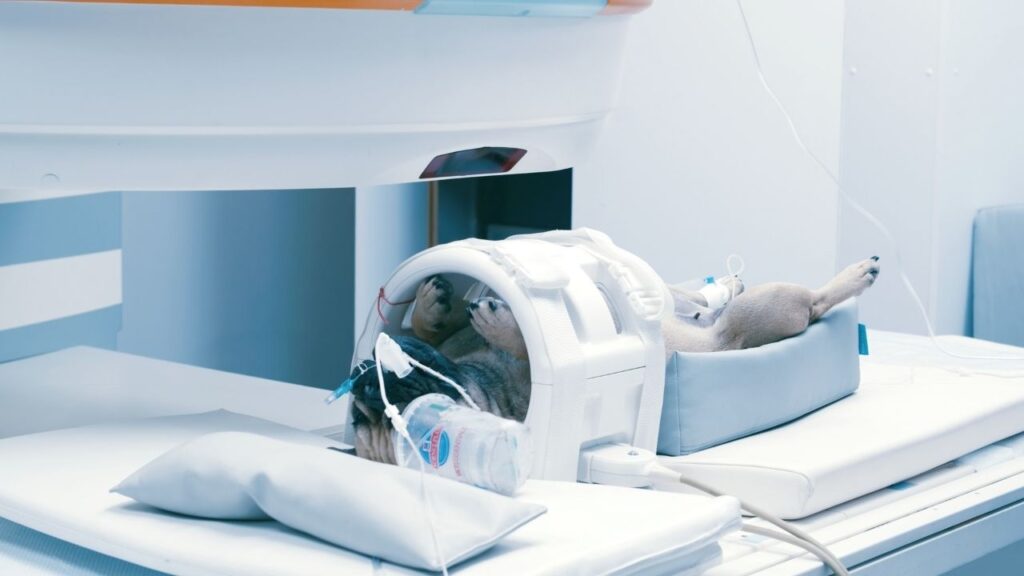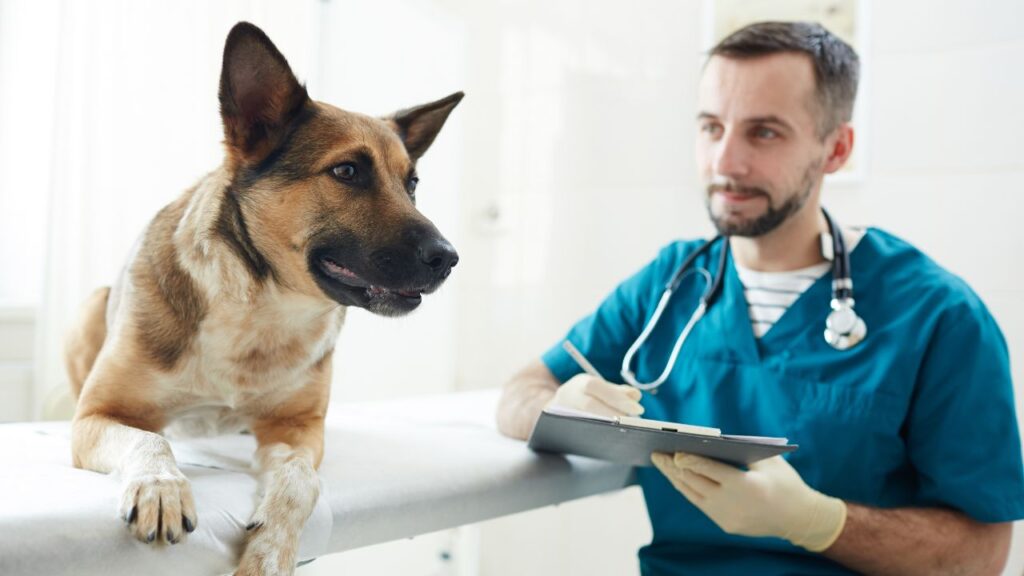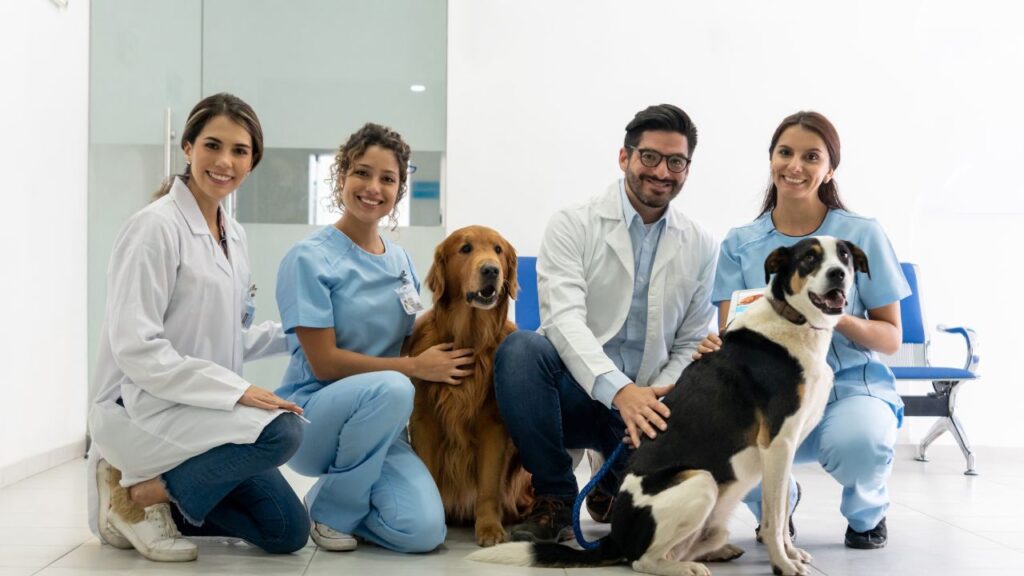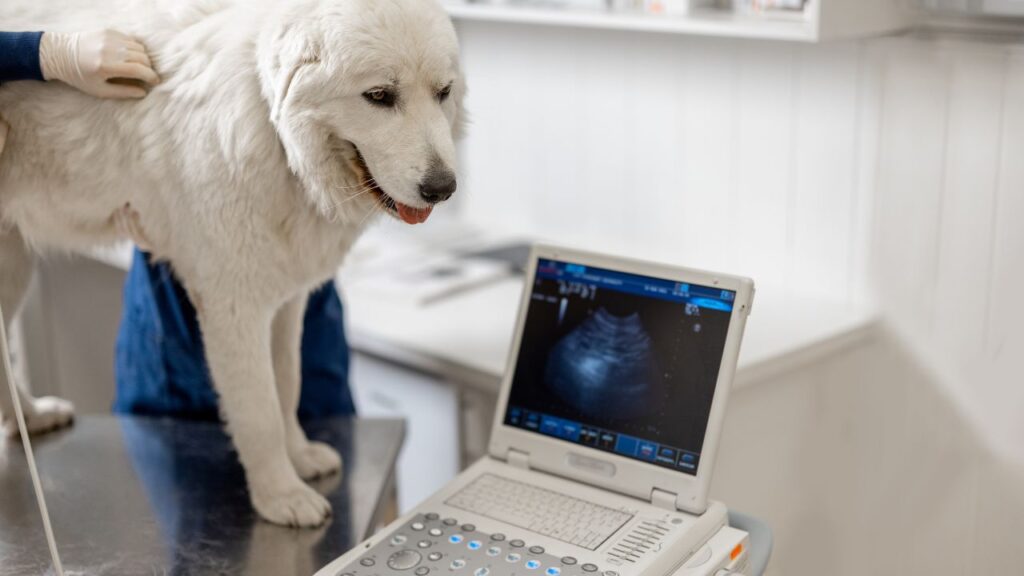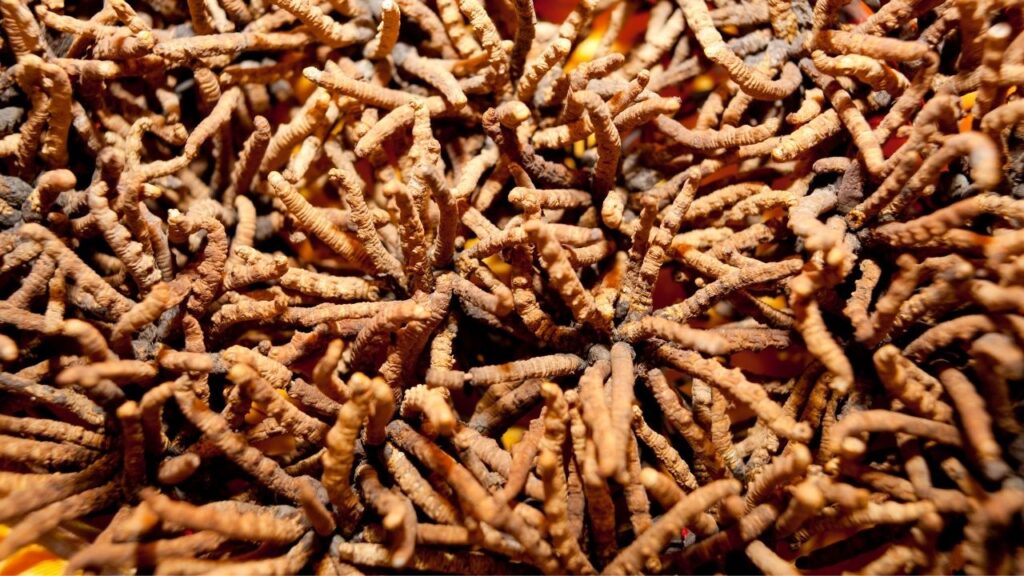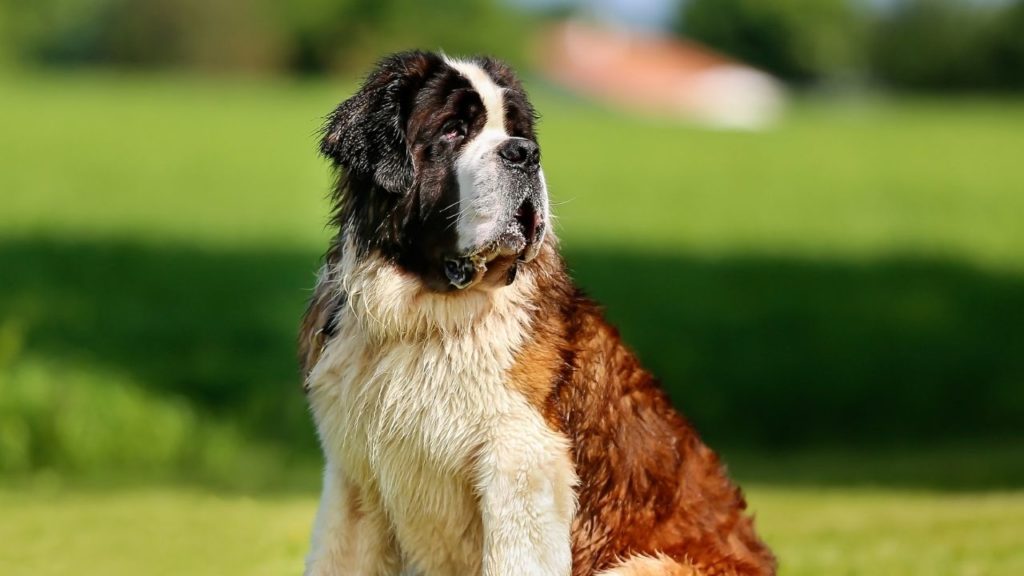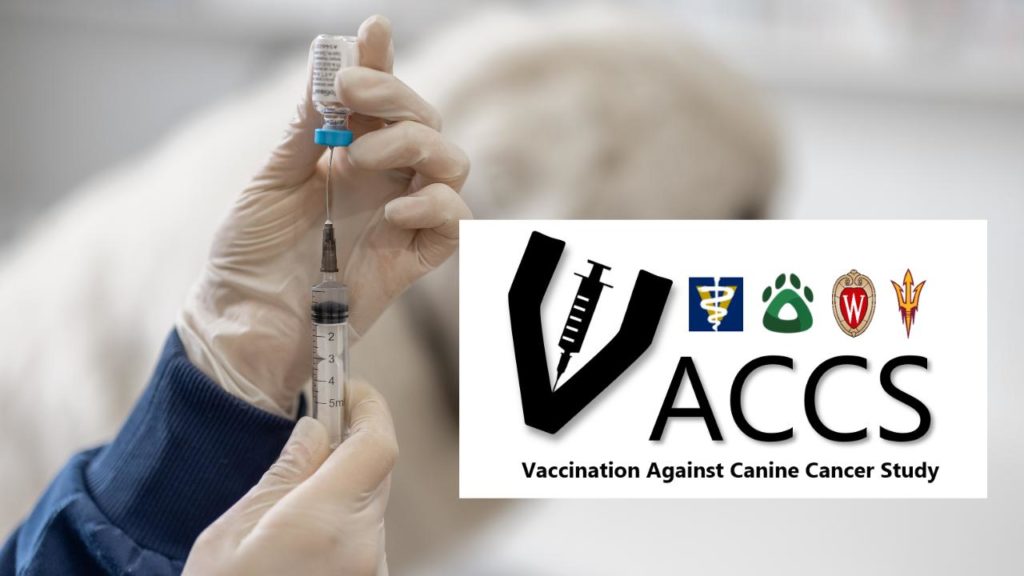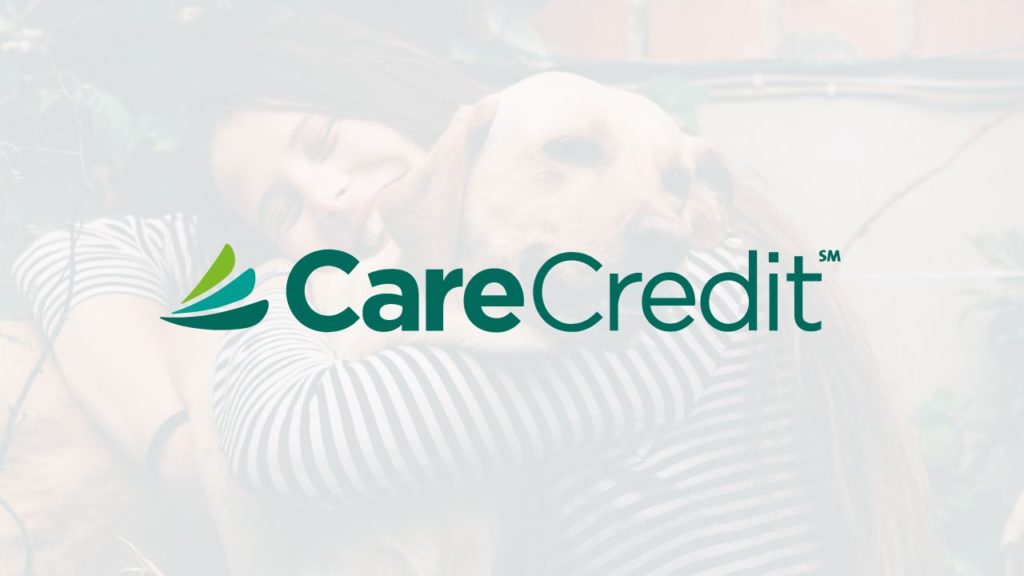Dog Cancer Knowledge Base
These knowledge base articles are the core of DogCancer.com. Every article is carefully vetted. Each one is researched, written, and medically reviewed by at least four independent experts (veterinarians, cancer researchers, and science journalists. The result is organized, easy-to-understand explanations of everything relating to dog cancer. Whether you need to find out more about a prescription drug, a supplement, a food, or a medical procedure, these knowledgebase articles will give you medically sound, nuanced, and complete information. We update articles regularly, so you can always rely on the information you find.
Latest Articles
Apoptosis
Apoptosis is the normal, controlled process by which a cell dies. Cell death is a necessary part of the cell cycle. Apoptosis can occur because cells are old, abnormal, or unhealthy. Cancer cells have mechanisms... read full article
Xue Fu Zhu Yu (XueFu ZhuYu)
Herbal formulas are one of the top used therapies in Traditional Chinese Medicine. The benefits of Xuefu Zhuyu could have positive impacts for dogs with cancer. However, scientific research on the outcomes of Xuefu Zhuyu... read full article
Ginger for Dogs
Ginger is a diverse supplement that has many therapeutic properties from anti-nausea to helping with cancer prevention and treatment. read full article
Fish Oil for Dogs
Fish oil is a very safe supplement for dogs. It provides omega-3 fatty acids that have well documented anti-inflammatory properties. Veterinarians recommend fish oil for dogs with a variety of challenges including cancer, skin disease,... read full article
Saline Nasal Flush for Dogs
A saline nasal flush is a relatively simple procedure that could yield a diagnosis and possibly help to improve symptoms. read full article
MRI for Dogs
MRI is a powerful diagnostic tool that is non-invasive and is now readily available at most veterinary specialty hospitals. MRI provides detailed images of your dog’s body, that are not available through more routine tests... read full article
Feeding Your Dog with Diabetes and Cancer
There may be a number of challenges in managing diabetes and cancer at the same time – but choosing the right diet doesn’t have to be one of them. read full article
Pets Are Family
If you feel like your pets are family, you aren’t alone. And science is beginning to show you’re right to feel this way. read full article
Vitamin E for Dogs
Vitamin E is an essential nutrient that helps protect cells in the body and maintain a highly functioning immune system. read full article
Digestive Enzymes for Dogs
Digestive enzymes can be useful when the gastrointestinal system, particularly the pancreas, is compromised due to disease. Veterinarians most often recommend digestive enzymes for dogs with exocrine pancreatic insufficiency, a disease process where the pancreas... read full article
Krill Oil for Dogs
Much like fish oil, the omega-3 fatty acids in krill oil can be useful in killing cancer cells and even boost the efficacy of chemotherapy. Krill oil is a nice addition to your dog’s diet... read full article
Exercise for Dogs
Exercise has many benefits and is an excellent way to help your dog build and maintain muscle mass, strengthen their cardiovascular system, preserve their cognitive health and even reduce the severity and progression of cancer.... read full article
Parsley, Basil, Oregano: Herbs That Are Good For Dogs
These three herbs have not only become culinary staples in cuisines across the world, but have also garnered attention for their potential anti-cancer properties thanks to some of the powerful bioactive compounds they possess. read full article
Probiotics for Dogs with Cancer
A boost of beneficial bacteria that can help support your dog’s gastrointestinal health and heighten their immune system. read full article
Low Histamine Diet for Dogs
A low histamine diet may be beneficial for some dogs with certain cancers. Too much or too little of anything is not beneficial, and moderation is key. read full article
Meditation for Dogs
Meditation is a practice of awareness in the present moment. Its use in medicine has increased in recent decades due to building evidence of its health benefits and better understanding of its overall purpose. The... read full article
Tellington Touch for Dogs
Tellington Touch for dogs is a safe type of body work that can decrease anxiety, and possibly increase healing, while strengthening the bond with your dog. read full article
Blood in Dog Stool
Blood in your dog’s stool is a reason to pay attention, but not to panic. Causes can range from minor one-time ailments to something much more serious, including cancer in your dog’s gastrointestinal tract. Thankfully,... read full article
Lethargy in Dogs
Lethargy in dogs is typically a symptom associated with a larger underlying health issue. Determining the underlying clinical factors driving your dog’s lethargy is key to formulating a treatment plan that will lead to their... read full article
Neoplasene for Dogs
Neoplasene is a supplement that is made from bloodroot, a native North American herb. Sanguinarine, its active ingredient, shows promise as a future anti-cancer drug but is still in need of more research and clinical... read full article
Scratchpay
Scratchpay is a quick and easy option for helping spread out large veterinary expenses over time. read full article
Gained Life Expectancy: How Much Extra Time Will Cancer Treatments Give Us?
When you learn your dog has cancer, the more information you can get the better. You will want to have a clear understanding about the cost of treatment, expectations about quality of life, the potential... read full article
Talking to Children About Illness and Death in Dogs
The illness or loss of a family dog is a difficult and inevitable experience, but with a little help from you, your children can learn how to cope with the strong emotions that come with... read full article
What to Bring to Your Oncology Appointment
Being prepared for your first oncology appointment will ensure you get the most out of your time with the oncologist and help you absorb the information you need to advocate for your dog. read full article
You Are the Team Leader When It Comes to Your Dog’s Cancer Care
When a crisis happens – such as your dog being diagnosed with cancer -- it can be devastating in so many ways. The best way to find success for both you and your dog is... read full article
Dealing with People Who Don’t Understand Dog Cancer
Not everyone will understand how hard it is when you are facing an illness or end-of-life decisions with your dog. Even if your loved ones don't understand, there are ways to garner their support or... read full article
Bone Marrow Suppression in Dogs
Bone marrow plays a pivotal role in the creation of red blood cells, white blood cells, and platelets, which are critical for a dog’s health. Many cancer treatments cause bone marrow suppression in dogs, but... read full article
Ultrasound Examination In Dogs
Ultrasound examination in dogs is a very safe and noninvasive tool that provides detailed pictures and videos of tissues inside of the body. It is most often used to look at organs in the abdomen. read full article
Cordyceps
This unique group of mushrooms may support your dog’s immune system and protect her organ function during cancer treatment. read full article
Fibrosarcoma in Dogs
Fibrosarcoma in dogs can show up literally anywhere in your dog’s body. A type of soft tissue sarcoma, they are slow growing and not prone to metastasize, but they are locally invasive. Early detection and... read full article
Online Veterinarians: How to Use Telemedicine
Online veterinarians may not be able to prescribe medications or fully diagnose your dog, but they can be an invaluable resource for you if you live in a rural area, are in an emergency, or... read full article
Dog Cancer Support and Grief Groups
Getting a cancer diagnosis for your dog is devastating. There is no way around that. And not everyone in your life understands what you are going through. Reach out to a dog cancer support group... read full article
The Cost of Cancer Treatment for Dogs
After the initial shock of a cancer diagnosis, the next concern is almost always the cost of dog cancer treatments. How can anyone expect you to figure out how to pay for your dog’s cancer... read full article
Vaccination Against Canine Cancer Study (VACCS)
The Vaccination Against Canine Cancer Study (VACCS trial) is currently underway. This study is unique because it is not looking at a treatment method. Instead, it is evaluating a new cancer vaccine for dogs that... read full article
Sunshine for Dogs
Sunlight is usually perfectly safe for your dog (and even beneficial for dogs with cancer!), but certain dogs are at risk for sun damage. read full article
CareCredit for Dogs
CareCredit is a credit card with low interest available only for medical expenses that is accepted just about everywhere. It may be the financial solution you are looking for. read full article
Genomic Tumor Testing for Dogs
Tumor genotyping examines your dog’s tumor to discover important molecular targets for effective and individualized cancer treatment. Already used in human oncology, it might well be “the future” of diagnosing and treating dog cancer. read full article
